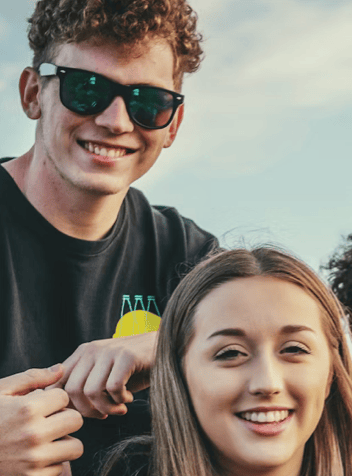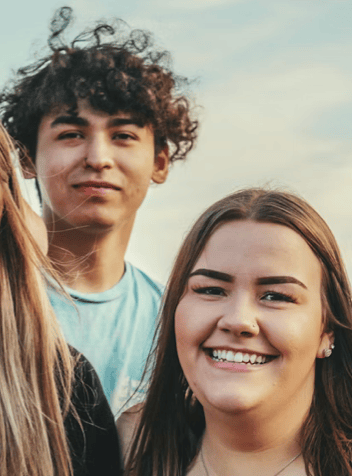What do you say to a teen student with lots on their plate and no sign of that changing any time soon? Their practicing time has shrunk considerably. They have a ton of homework. Every day seems to be scheduled to the maximum with extracurricular activities. Do they ever have a moment to themselves? What can I do when we only spend 30 minutes together on a weekly basis? Is it an impossible situation?
Over the years of my teaching career, it seems like I’ve encountered the above situation many times. So when my student Lucas showed up for lessons in September, I wasn’t surprised by the look of exhaustion on his face. It seemed pretty much like what I could expect from someone with his junior high schedule. What did surprise me was how I decided to respond. I realized we could have weekly brainstorming sessions to help him figure out his practice routine. Or we could spend the time getting in some good practicing and make some progress on his repertoire. Both those seemed like good responses. But that’s not what I did. And it’s not what I’ve done ever since.

A Research Project - This time around I decided to change my approach. I started by explaining that with Lucas now in junior high school, here was an opportunity for us to try something different. I asked Lucas if he was ready to undertake a research project on the impact of making music. With homework occupying a major place in his schedule, I wondered - What would it be like if he could introduce a “piano break” into his homework schedule? Not every day that he had homework. Just two or three times during the week so that he could get a sense of the impact of a “piano break”.
When Lucas came to his next lesson, it was so interesting to hear how he talked about his experience. He reported that on the days he took a “piano break”, he felt calmer and more refreshed when he returned to his homework. There was something about making music that felt like personal replenishment. And it wasn’t something that just happened once. It happened every time he took a “piano break”.

Looking Far Ahead - In the weeks following, it’s been a real pleasure to hear Lucas talk about his piano breaks. At last week’s lesson, I was worried when I saw the look of exhaustion on his face had intensified. The impact of six weeks back at school was taking its toll. So we chatted for a while about his music making experience. He played a couple of pieces. We chatted some more and talked about a future with “piano breaks”. What would it be like to have this “piano break” as something he took with him to high school and on to university afterward and even on into a job somewhere far ahead? Would he be the person who talks to his friends or colleagues about the benefits of a “piano break”? When he sees someone else in an exhausted state, would he remember the impact of making music?
What strikes me about Lucas’s situation is that instead of focusing on how much progress a student is making with their repertoire or technique, sometimes the deeper value lies in how music fits into their life. Over the past few weeks, it’s been amazing to observe how Lucas’s piano practicing stopped being one more thing on his already heavily loaded schedule and became something that helped him manage that load. His “piano breaks” aren’t about practicing in the traditional sense—they’re about reconnecting with himself through sound, touch, and creativity.
Lifelong Companion - Lucas’s story serves as an excellent reminder of what it means for students to be “successful.” Success can definitely be about consistent practice minutes or steady advancement through graded pieces. For sure — that’s true. But success can also be about experiencing how music serves as a lifelong companion—a source of renewal, clarity, and emotional balance.
If I can help shed light on students' connections to music, then even in the busy moments of their lives, making music has found its rightful place. It becomes more than a task to complete—it becomes a way of being present, of pausing, of listening inwardly, of investing in ourselves. And perhaps, years from now, when life feels equally full, they’ll remember that taking time to make music is one of the simplest and most powerful ways to restore balance in their lives.
What are your thoughts? What kind of conversations do you have with busy teens?
In what ways would your teaching shift if you measure success by your students' connections to music instead of how much they practice?
How can you help students discover ways for music to serve their wellbeing, not just their skill development?
